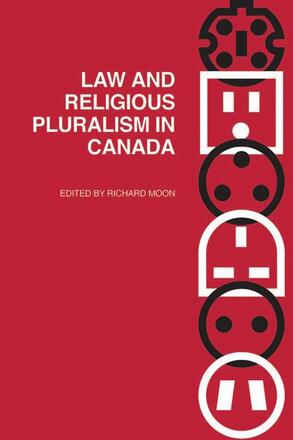
Law and Religious Pluralism in Canada considers the role of religious values in public decision making, government support for religious practices, and restriction and accommodation of minority religious practices.
Description
Law and Religious Pluralism in Canada seeks to elucidate the complex and often uneasy relationship between law and religion in democracies committed both to equal citizenship and religious pluralism. Leading socio-legal scholars consider the role of religious values in public decision making, government support for religious practices, and the restriction and accommodation by government of minority religious practices. They examine such current issues as the legal recognition of sharia arbitration, the re-definition of civil marriage, and the accommodation of religious practice in the public sphere.